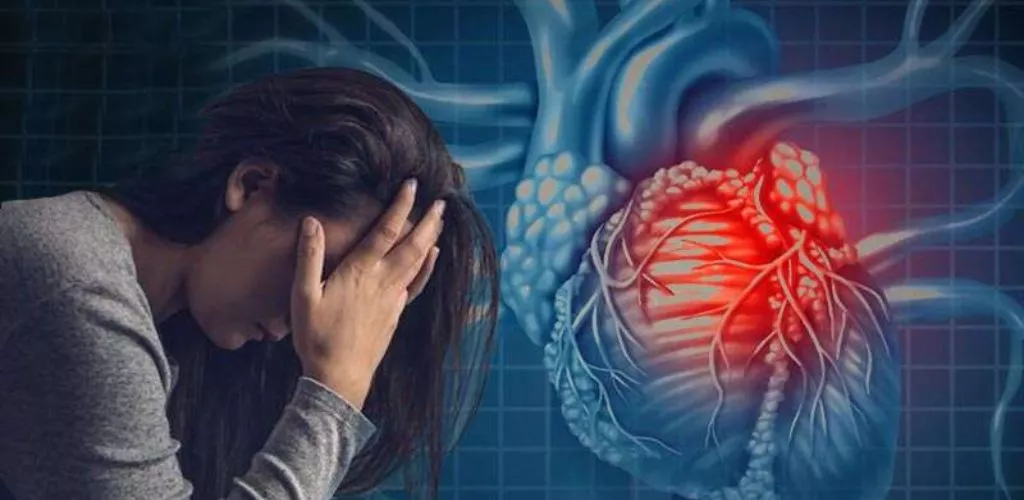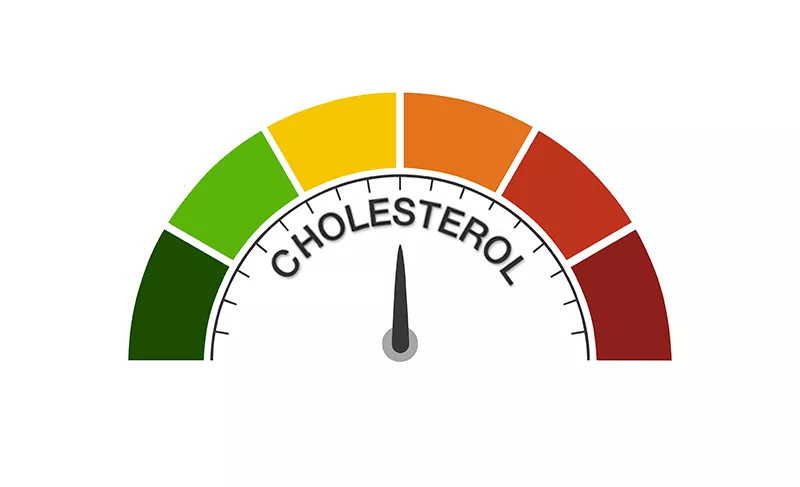Heart disease, often misinterpreted as primarily affecting men, stands as the leading cause of mortality for both genders. This misconception can result in an awareness gap among women regarding their susceptibility to this disease. This blog aims to shed light on the distinct risks and symptoms associated with heart disease in women.
Exploring Unique Risks
Women face specific risks due to anatomical and hormonal variations. Diabetic women have a higher likelihood of developing heart disease than diabetic men, with altered pain perception increasing the risk of silent heart attacks. Additionally, women are more prone to conditions like spontaneous coronary artery dissection (SCAD), coronary vasospasm, microvascular dysfunction, Takotsubo cardiomyopathy, and peripartum cardiomyopathy.
Heart Disease Risk Factors Unique to Women:
- Diabetes: Women with diabetes are at a heightened risk, of experiencing silent heart attacks due to altered pain perception.
- Emotional Stress and Depression: Stress and depression have a more pronounced impact on women's hearts, influencing lifestyle choices and treatment adherence.
- Smoking: Women face an increased risk of heart disease compared to men when it comes to smoking.
- Inactivity: A sedentary lifestyle significantly raises the risk of heart disease in women.
- Menopause: Post-menopausal women with low estrogen levels are at an increased risk of heart disease in smaller blood vessels.
- Pregnancy Complications: Conditions during pregnancy, such as high blood pressure or diabetes, elevate the long-term risk of heart disease.
- · Family History: A family history of early heart disease poses a greater risk for women compared to men.
- · Inflammatory Diseases: Conditions like rheumatoid arthritis and lupus may heighten the risk of heart disease in both genders.
Recognizing Symptoms
While the most common heart attack symptom in women mirrors that in men—chest pain or discomfort—women may experience less severe or noticeable chest pain. Described as pressure or tightness, heart attack pain in women can be subtle. Importantly, women are more likely than men to exhibit symptoms unrelated to chest pain:
- Neck, jaw, shoulder, upper back, or upper belly discomfort
- Shortness of breath
- Pain in one or both arms
- Nausea or vomiting
- Sweating
- Lightheadedness or dizziness
- Unusual fatigue
- Heartburn (indigestion)
These symptoms may be less pronounced, potentially due to blockages in smaller arteries, termed small vessel heart disease or coronary microvascular disease. Women often experience symptoms more frequently when at rest or even during sleep. Emotional stress can also play a role in triggering heart attack symptoms in women.
Conclusion
Understanding the unique risks and symptoms of heart disease in women is vital for early detection and effective treatment. Regular check-ups, a heart-healthy diet, exercise, and awareness of symptoms can contribute to safeguarding against heart disease.
It's crucial to dispel the myth that heart disease is solely a man's problem. It poses a significant health concern for women too. Remain knowledgeable, stay watchful, and make your heart health a top priority











